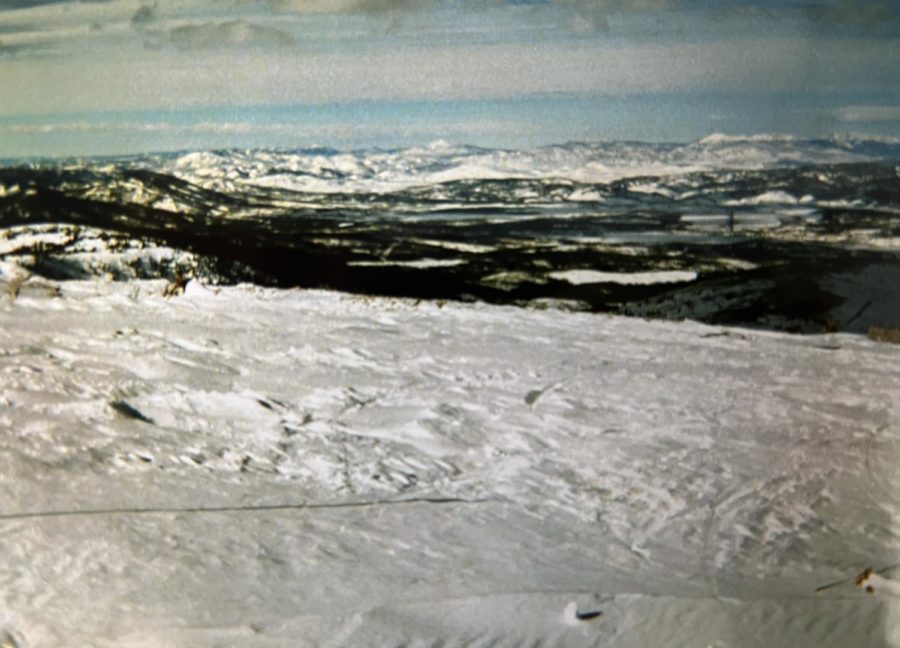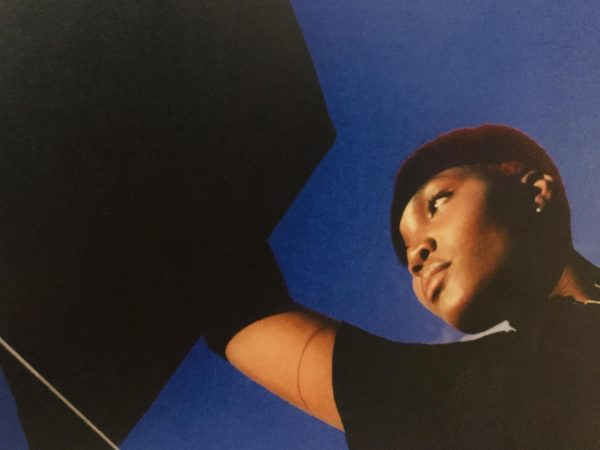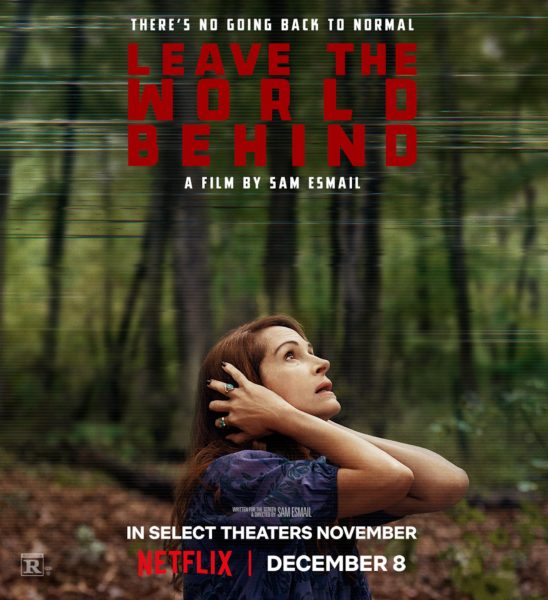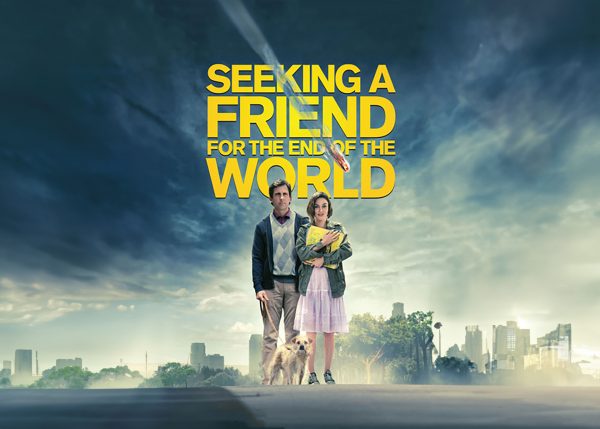Music for Winter
Winter is at once the worst and best season. The snow traps us within our homes, separating us from our friends and the activities that we enjoy (unless you ski or snowboard). Of course, when holed up with nothing to do, why not listen to some music?
Silvana Estrada, Marchita
Marchita starts out with the gentle plucking of a Venezualan cuatro, an acoustic instrument similar to a ukulele, accompanied only by the heartbroken voice of Silvana Estrada. It’s a bleak, beautiful sound, with Estrada sounding positively bereft, her skeletal playing only adding to the sadness. Since her debut in 2017, the Mexican singer-songwriter’s greatest strength has been in her ability to wring emotion from minimalism. A small twang in her strings or minor shift in her voice could conjure endless torrents of emotion, and on Marchita, she perfects that ability. A song like the magnificent “Te Guardo” starts simple, before slowly blooming into a dazzling series of harmonies built off of Estrada’s magic voice, her cuatro and the accompanying string section. In the album’s coldest, rawest moments, like the opener “Mas O Menos Antes” or the hymnal “Un Dia Cualquiera,” Estrada sounds like she’s drowning in her misery. But on tracks like the bright and bubbling “Tristeza”, she sounds downright ecstatic, as though she has waded her way through the filth and the darkness and found a temporary light on the other side.
Lamp, For Lovers
Japanese trio Lamp found traction among Zoomers in a fashion similar to many other older bands, when Youtube uploads of their albums started popping up on people’s recommended pages. This seemingly random choice by the algorithm kickstarted an interest in the band among the younger generation, and brought attention to just how fantastic they are. For Lovers, released in 2004, is their most beloved work, and it’s not hard to understand why. It’s perfect chill-out music, just over 30 minutes, without one weak track and sweet almost to a fault. A track like “Last Train At 25 O’clock” [sic] moves at a breezy pace, while at the same time being propelled by an unstoppable groove that could make anyone get up and dance. “Out On Sunny Sunday” is ironically the perfect song for a rainy day, while the eponymous “For Lovers” is a brief yet effective mood setter.
Grouper, Dragging A Dead Deer Up A Hill
Grouper, the pseudonym of one Liz Harris, has primarily based her work in the ambient genre, which is admittedly and understandably a difficult type of music to get into for anyone used to choruses and structure in their music. With 2008’s Dragging A Dead Deer Up A Hill, however, Grouper managed to make ambient pop music, relatively brief songs that have memorable hooks and melodies (even if it can be hard to make out what she’s saying) while still being mysterious and all-enveloping in the way the best ambient is. Every song consists of nothing more than Harris’ vocals, a synthesizer and an acoustic guitar layered with a heavy amount of reverb, yet out of these few pieces Harris constructs an entire world, a small clearing hidden away deep in some mystical forest accompanied by nothing but the moon overhead and the smell of rain all around. “Heavy Water/I’d Rather Be Sleeping” is the most accessible track, as it’s the furthest from ambient and the closest to pop that the album ever gets. Still, there are odd gems strewn across all of Dragging A Dead Deer, whether it’s the unnerving beauty of “Stuck” or the cathartic closer “We’ve All Gone To Sleep.” If one gives this album a chance, it has the power to take them somewhere haunting and magical.

Lucca Swain is a senior writer for The Owl and is currently in his third year of working for the publication. Lucca joined The Owl because he loves writing about and exposing readers to the topics and ideas that fascinate him, and this year he is extra committed to furthering that goal, despite how challenging it can be. In his free time, Lucca enjoys reading, listening to music, and exercising. Lucca also is also a firm believer that green grapes are superior to their purple brethren in every way, especially in flavor and texture.







